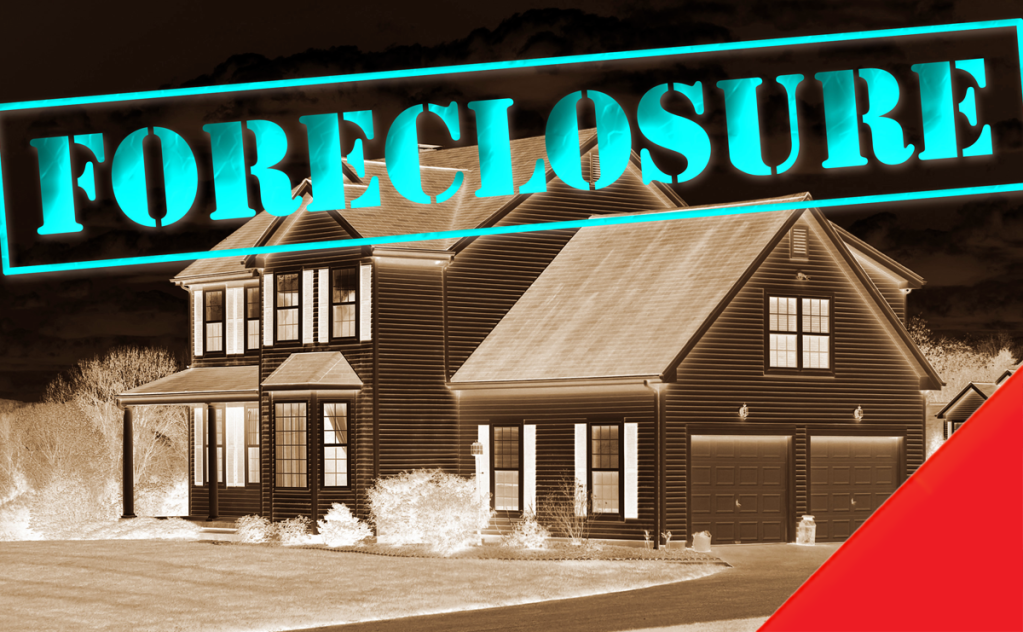Nonbank mortgage lender and servicer Ocwen Financial Corp. and its subsidiary PHH Mortgage agreed to pay more than $665,000 to settle multiple lawsuits filed last year by three cities in New York state regarding the maintenance of zombie properties.
In 2016, New York passed a law establishing that lenders and servicers must inspect, secure and maintain zombie properties — which are defined as vacant and abandoned homes whose owners are behind on their mortgage payments.
In 2019, then-Gov. Andrew Cuomo signed a Senate Bill authorizing cities, villages or towns to force the lender or servicer to either promptly foreclose the property or release its mortgage. The law allows municipalities to sue companies for $500 per code violation per day until it is resolved.
Under New York State regulations, the cities of Albany, Schenectady and Troy in July 2021 filed a total of 18 lawsuits against Ocwen and PHH, covering 18 properties and 502 New York state building code violations. In a joint announcement, the three cities noted Ocwen and PHH are among the capital region’s largest mortgage servicers of zombie properties.
Ocwen was the 35th largest lender in the country in the first quarter, originating $4.6 billion, according to Inside Mortgage Finance. The company also is No. 16 among the top servicers in the U.S., with a $138 billion owned portfolio as of the end of March.
Dico Akseraylian, a spokesman for Ocwen, said the company is pleased to resolve the case with the three cities.
An estimated 140,000 renovated properties purchased at foreclosure auction or bank-owned auction were resold to owner-occupant buyers between January 2020 and December 2021
Presented by: Auction.com
“We continue to work cooperatively with them and other municipalities, including as a member of the Erie County Zombie Task Force in Western New York,” Akseraylian said in an email.
According to the three cities, the case sent a strong message to other servicers: They must adequately maintain zombie properties or bring foreclosure proceedings to a timely completion.
“This enforcement action puts mortgage servicers and banks on notice that if vacant properties aren’t maintained, they will be held accountable,” said Gary McCarthy, mayor of Schenectady, according to a statement.
While the three cities have been awarded more than $665,000, the settlement also requires Ocwen and its subsidiary to pay an additional $200,000 to the three towns should they violate the agreement. Whiteman Osterman & Hanna LLP represented the cities in the case.
During the Great Recession, zombie properties were a thorn in the side of servicers. With no money to pay their mortgages, some underwater borrowers abandoned their homes, negatively affecting their neighbors’ quality of life.
Industry observers said many servicers and lenders delayed the foreclosure of such properties because they wanted to see if the property values went up. But, since the financial crisis, states and municipalities have approved laws to make these companies responsible for maintaining vacant properties.
When the Covid-19 pandemic began in March 2020, zombie properties were one of the industry’s greatest fears. That’s not been the case so far, however.
Data provider ATTOM estimates 7,569 residential properties facing possible foreclosure have been left vacant by their owners nationwide in the second quarter of 2022, up 2.8% from the prior quarter but down 6.3% from the same quarter in 2021.
“The incidence of zombie foreclosures tends to be higher in cases where the foreclosure process has dragged on for many months and sometimes even for years,” said Rick Sharga, EVP of market intelligence at ATTOM, in a statement. In some states where foreclosure occurs via a judicial process, it can drag on for years in some cases.







